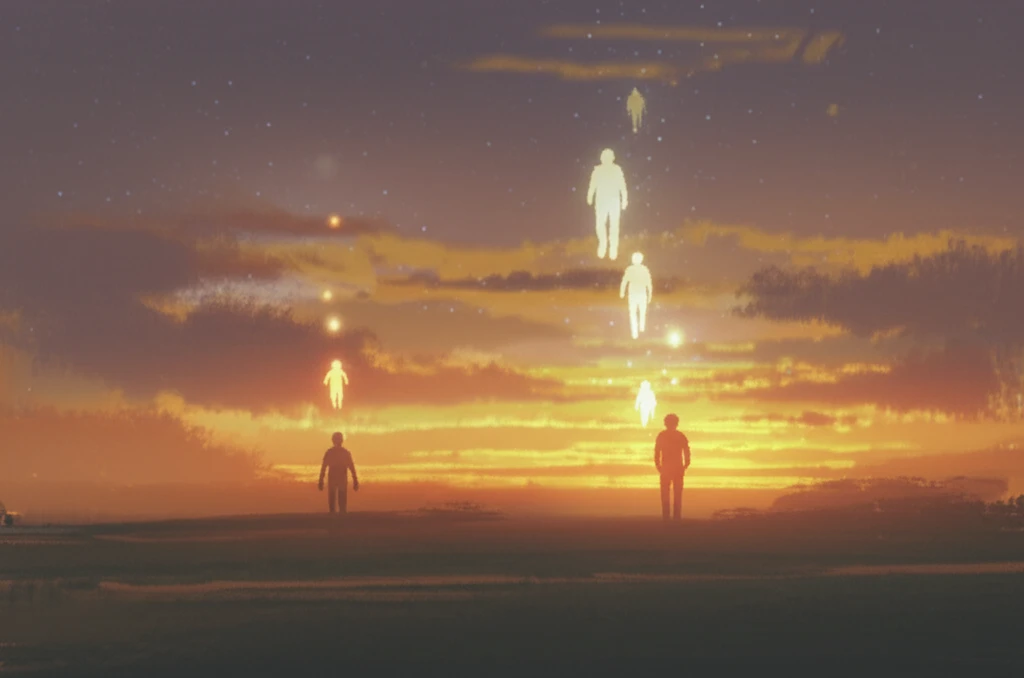
Decoding Evening Fatigue: How to Reclaim Your Energy During Chemotherapy
"Discover distinct fatigue patterns and practical strategies to combat evening fatigue during oncology treatments and improve your quality of life."
Fatigue is a common and often debilitating side effect for individuals undergoing chemotherapy. It's not just feeling tired; it's a persistent lack of energy that can disrupt daily activities and diminish overall quality of life. The experience of fatigue varies significantly from person to person, with some individuals noticing it more prominently in the evening.
Recent research has shed light on these variations, revealing distinct patterns of evening fatigue among oncology outpatients. Understanding these patterns is crucial because it allows healthcare providers to identify those at higher risk and tailor interventions to improve their quality of life during treatment. This article will explore these fatigue profiles, discuss the factors that contribute to them, and offer practical strategies to help you reclaim your evening energy.
By understanding the nuances of evening fatigue, individuals undergoing chemotherapy can take proactive steps to manage their symptoms and improve their daily lives. This knowledge empowers you to work with your healthcare team to develop a personalized approach to combating fatigue and maintaining a sense of well-being throughout your cancer journey.
Understanding Distinct Evening Fatigue Profiles

A recent study published in Fatigue: Biomedicine, Health & Behavior identified four distinct evening fatigue profiles in oncology outpatients undergoing chemotherapy. These profiles, uncovered through latent profile analysis, highlight how differently individuals experience fatigue throughout the evening hours. The four classes are:
- Low (14.0%): Individuals in this group experience relatively low levels of evening fatigue.
- Moderate (17.2%): This group experiences a moderate level of evening fatigue, with scores tending to increase around the second and fifth chemotherapy assessments.
- High (36.0%): Individuals in this class report high levels of evening fatigue that remain relatively stable throughout their chemotherapy cycles.
- Very High (32.8%): This group experiences the most severe evening fatigue, with consistently high scores across all assessments.
Taking Action to Reclaim Your Evenings
The insights from this study highlight the importance of recognizing and addressing evening fatigue as a distinct issue for oncology patients undergoing chemotherapy. By understanding your personal fatigue profile and working closely with your healthcare team, you can develop personalized strategies to manage your symptoms, improve your energy levels, and enhance your overall quality of life. Remember, you don't have to let fatigue dictate your evenings – take proactive steps to reclaim your energy and well-being.
